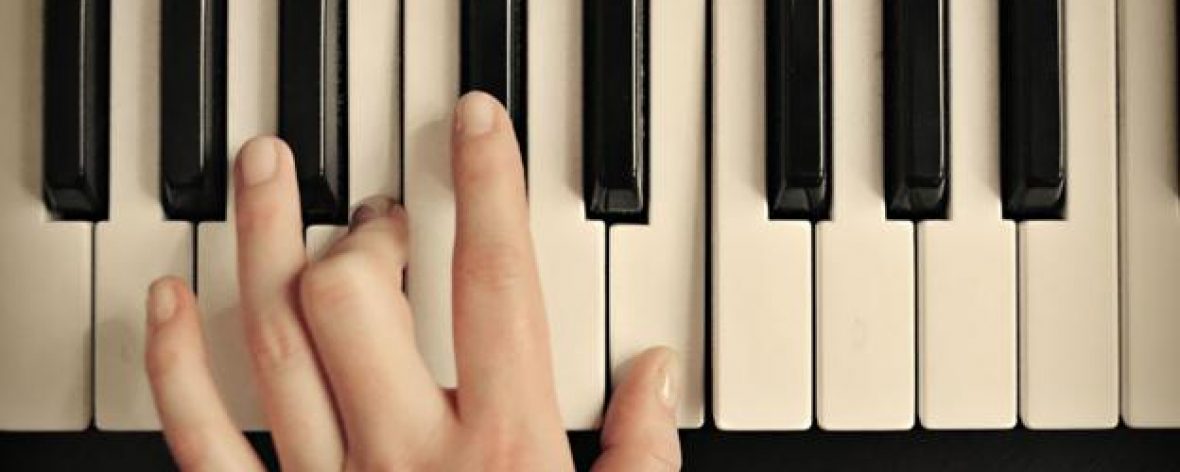Technique lies at the foundation of piano playing, and good technique can serve the beginner student right through to advanced level.
Category: Technique
The Psychology of Piano Technique – Murray McLachlan
This, the third book by Murray McLachlan's for Faber Music on piano technique, takes a more leftfield approach to piano playing and piano technique, tackling esoteric, psychological and philosophical issues such as visualisation techniques, inspiration, musicians' health and well-being (including dealing with performance anxiety), career development, and encouraging independent learning and interpretative decision-making. This non-traditional… Continue reading The Psychology of Piano Technique – Murray McLachlan
Making the music 3-D
This week Eli, one of my students who has been learning with me for about 4 years, offered a wonderfully simple, yet insightful description of how we play musically, and ways in which we attempt to "tell the story" or "paint the picture" in music. He called it "making the music 3-D". It came up… Continue reading Making the music 3-D
‘Sooner or later’ – Tempo Rubato & the art of stolen time
This post relates to my earlier article 'Curved Lines' - phrases and how to shape music I recently attended a masterclass for pianists, the theme of which was 'Sooner or Later?'; that is, how tempo (speed) and the placing of a note, or group of notes, can affect the mood, drama, colour and shape of… Continue reading ‘Sooner or later’ – Tempo Rubato & the art of stolen time
What’s the point of scales?
Many piano students view scales as tedious, mindless exercises, a painful part of practice time, with no value or relevance to "real" piano playing. In fact, scales are incredibly important and useful, and students need to understand this from the very start of their study of scales and other technical exercises (broken chords and arpeggios).… Continue reading What’s the point of scales?
Soft dough, warm oil – and no bones
At my recent piano lesson, I worked on Rachmaninov's Etude-Tableaux Opus 33 No. 2 in C. In order to practice the tricky arpeggiated left-hand accompaniment, which includes many awkward extensions of more than an octave, my teacher asked me to imagine that my arms had no bones in them, no fulcrum at the elbow, and… Continue reading Soft dough, warm oil – and no bones
Guest post: Playfulness in piano playing
by Penelope Roskell, pianist and Professor of Piano and Piano Pedagogy at Trinity Laban Conservatoire of Music and Dance If we reflect on the language that we use in our teaching, we will probably notice that many of the words we use imply a rather serious, one might even say tedious view of life: practise… Continue reading Guest post: Playfulness in piano playing
